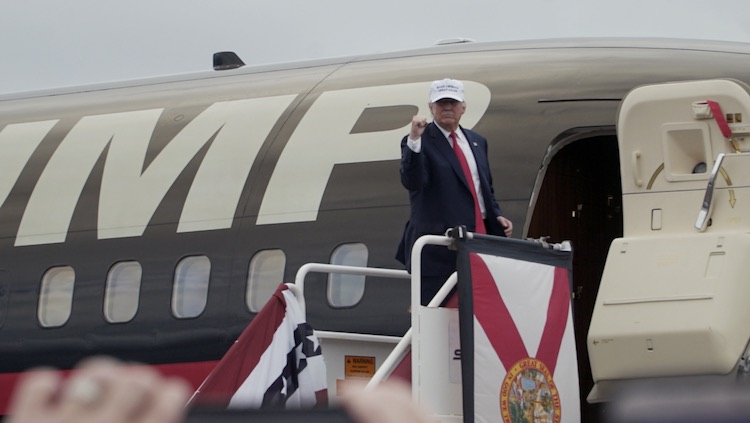Trump's Final Budget Again Tries to Zero Out CPB, NEA

The smarter way to stay on top of broadcasting and cable industry. Sign up below
You are now subscribed
Your newsletter sign-up was successful
The White House is releasing its 2018 budget Tuesday, and it is once again trying to defund the Corporation for Public Broadcasting and the National Endowment for the Arts.
Following similar proposals in the President's draft budget, Congress passed an omnibus spending bill through September 2017 that not only maintained funding for both but even gave NEA a slight raise.
Following that reprieve, backers of funding for the arts warned that when the 2018 final budget came out there was likely to be a new struggle to maintain the funding, suggesting the omnibus bill funding had been about clearing the legislative logjam to avoid a government shutdown.
Together, CPB and NEA funding comprise about $600 million in federal funding.
In a conference call with reporters, a feisty Office of Management and Budget director Mick Mulvaney said flatly that the cuts in the final budget are necessary to give taxpayers more bang for the buck while balancing the budget within 10 years.
He said CPB is technically not eliminated. "There is a little money in the budget left to allow us to wind down the federal position," he said—as there was in the draft. Federal money accounts for about 15% of noncom budgets, he pointed out. "We don't take it to zero right away, but we do anticipate doing so," he said. He also said NEA would be zeroed out but did not elaborate.
Mulvaney said the President was required to do the budget balancing without touching social security and Medicare since he had promised in his campaign to keep away from those—considered the “third rails” of politics, essentially “they who must not be named” in budget-cutting conversations. Mulvaney said he was surprised he could balance the budget and not touch them.
The smarter way to stay on top of broadcasting and cable industry. Sign up below
As with the draft budget, the President's latest attempt is just that, with the same Congress that maintained the funding in the omnibus bill holding the purse strings. Mulvaney conceded as much but signaled the exercise was still worthwhile, including sending the message that these are the President's priorities.
Contributing editor John Eggerton has been an editor and/or writer on media regulation, legislation and policy for over four decades, including covering the FCC, FTC, Congress, the major media trade associations, and the federal courts. In addition to Multichannel News and Broadcasting + Cable, his work has appeared in Radio World, TV Technology, TV Fax, This Week in Consumer Electronics, Variety and the Encyclopedia Britannica.

